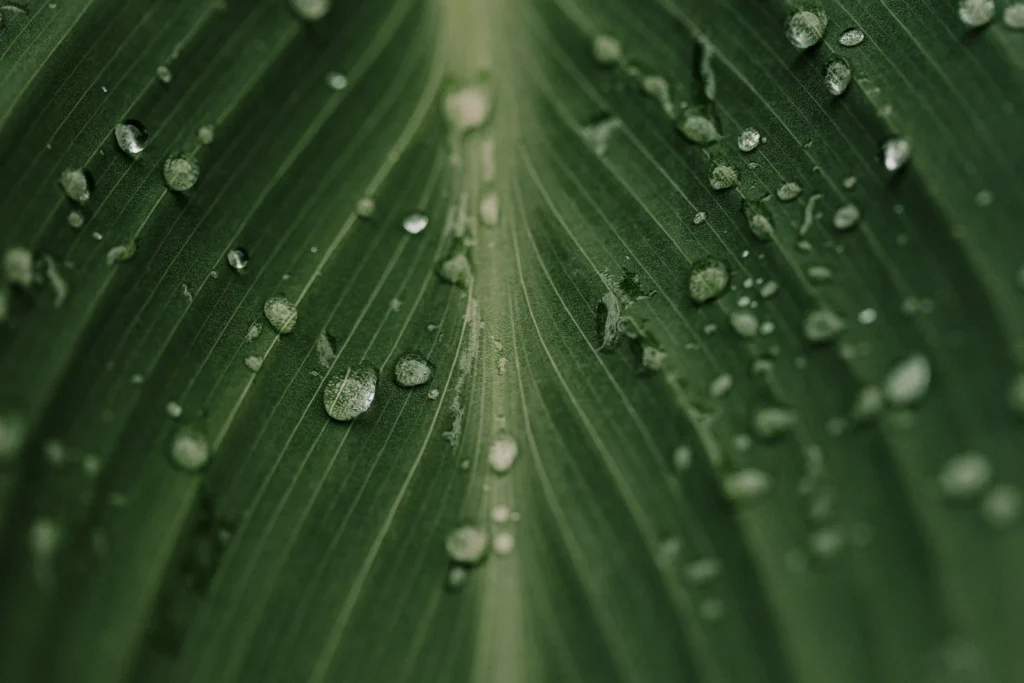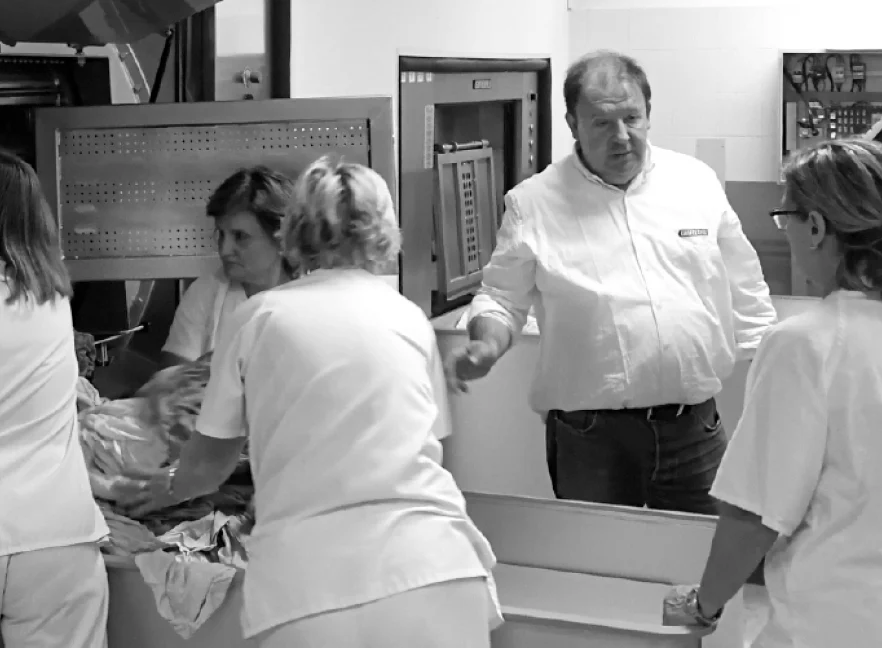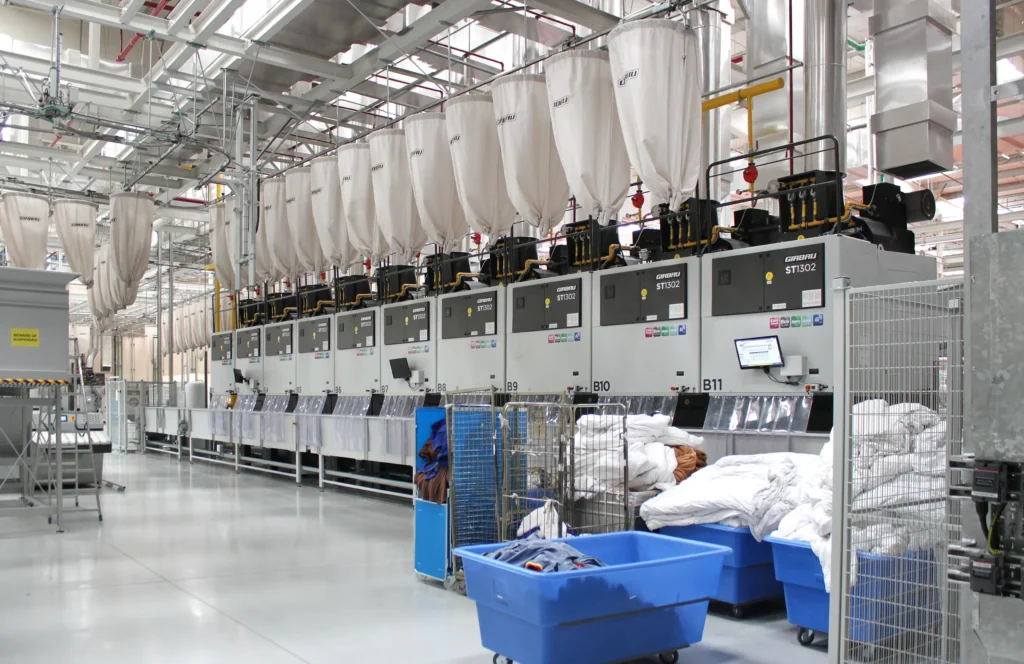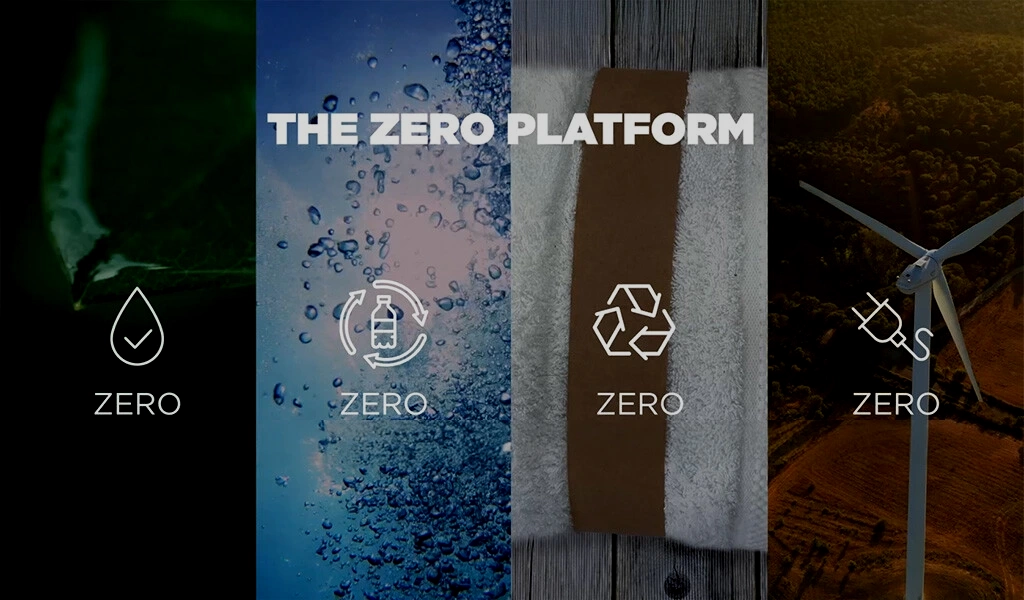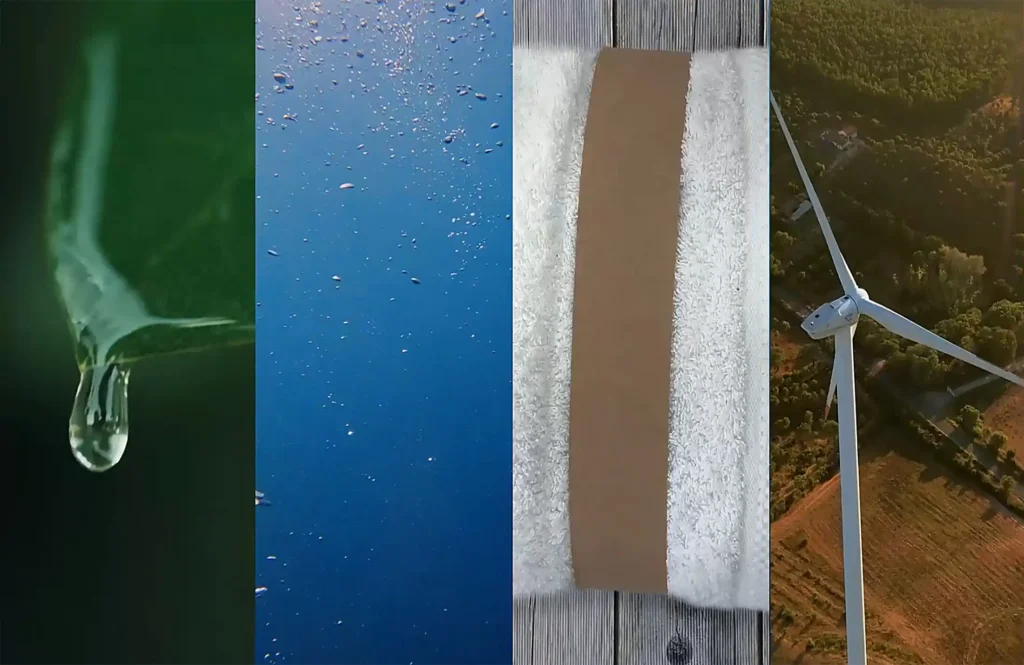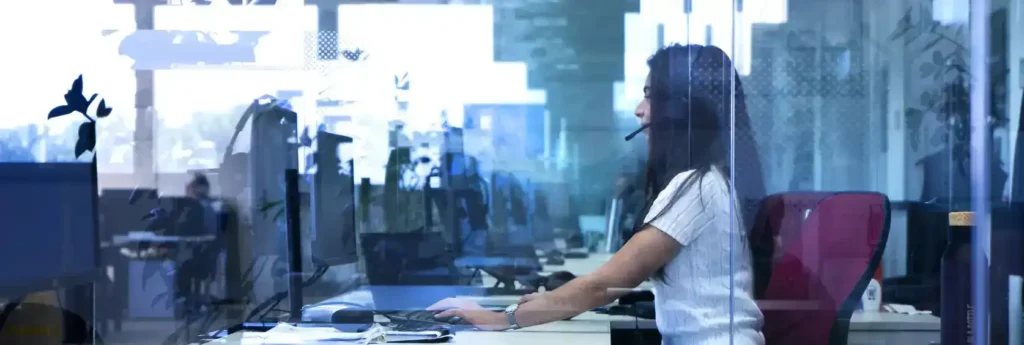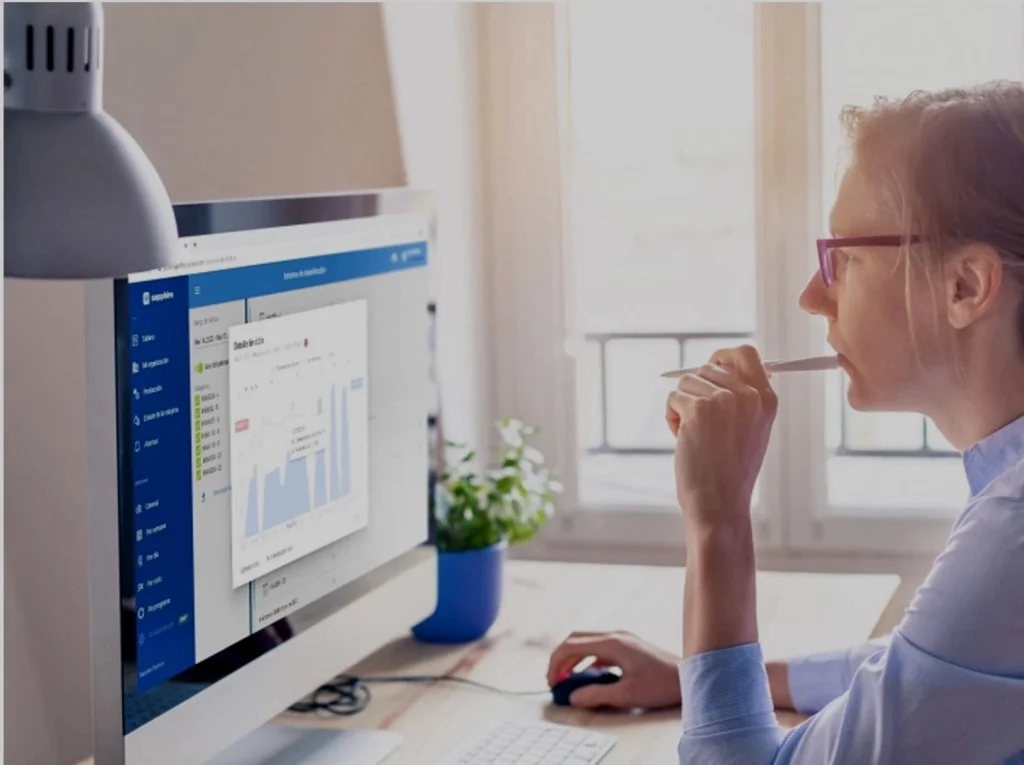
As energy costs rise, water becomes scarcer, and environmental regulations tighten, forward-thinking companies are reimagining how laundry systems can serve both business and the planet. In 2024, at Girbau, we took significant steps to reduce our environmental footprint while continuing to grow as a company.
Climate action starts with accountability
We have set an ambitious goal: achieving climate neutrality in our direct operations (Scope 1 and 2 emissions) by 2030, while reducing Scope 3 emissions by 20%.
And we are already making progress. In 2024, we reduced Scope 2 emissions by 35% and overall Scope 3 emissions by 6%, even while growing revenue by nearly 7%.
This has been driven by smart investments: solar panels now cover the full rooftop of Girbau’s main production center (G1), producing 556 kWp of clean energy. LED lighting, electrified HVAC systems, and new-generation compressors are boosting energy efficiency across all sites.
Meanwhile, our innovative internal incentive program, called G-Seeds, ties emission reduction to business performance and employee incentives, aligning sustainability with strategy.
Water innovation that goes beyond compliance
Water is one of the most critical and stressed resources in the laundry world. Girbau’s goal is to achieve a zero blue water footprint in operations by 2040 and to cut water use in its products’ lifecycle by 30% (with 2021 as a baseline).
In 2024, we reduced our water consumption per euro of revenue by 23%. That was thanks to concrete actions, such as:
- Reduction of water consumption in machinery testing, by implementing a more efficient testing system.
- Hydraulic improvement of the internal network to reduce unregistered water by detecting leaks and optimizing diffusers, toilets and showers.
- Raising awareness among staff on the proper use of water.
- Installing water recirculation systems for reuse in line G2
We have also defined a Water Saving Plan that includes the implementation of various actions to reduce consumption and improve machinery testing. This plan has already reduced water consumption by 23%.
Closing the loop: circularity and responsible waste management
Reducing emissions isn’t enough. Girbau is also working to minimize waste and virgin material use. In 2024, the company cut total production waste by 18% and, at the same time, 85% of production waste was recovered.
A key highlight was the pilot launch of a cardboard shredding system that transforms packaging waste into filler for spare parts, an initiative with environmental, economic, and social impact, scheduled for full rollout in 2025.
We also implemented custom reusable boxes, installed stretch wrapping machines to reduce plastic film use, and replaced wood in packaging with lighter cardboard. Beyond our facilities, we continued supporting post-consumer waste management through SCRAP and eco-design strategies to extend product life.
We also continued investing in circular models through collaborations with EADA Business School, IED Barcelona, and initiatives like the Circular Fashion Pact, 080 Reborn, and Academic Dry Cleaner, aimed at promoting garment reuse and durability.
Recognized efforts and growing momentum
In recognition of our progress, Girbau received the EcoVadis Bronze Medal in 2024, placing us in the top 19% of companies evaluated globally for environmental, social, and governance performance.
But recognition is secondary to impact. With 870 employees working in alignment across operations, engineering, and strategy, we’re moving forward with a shared focus: delivering solutions that are cleaner, more efficient, and built for the long term.


